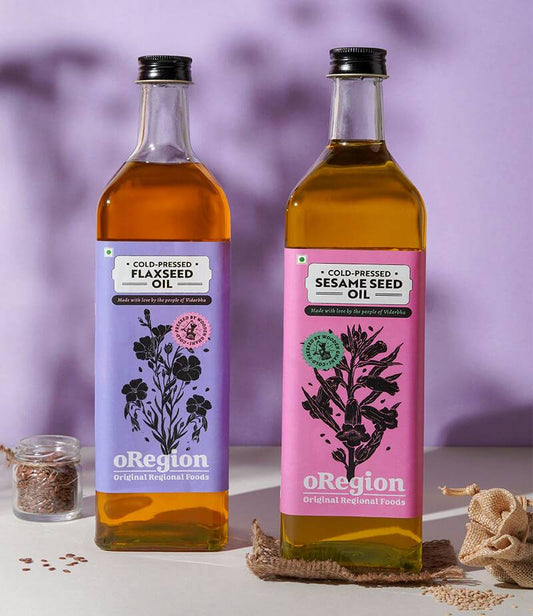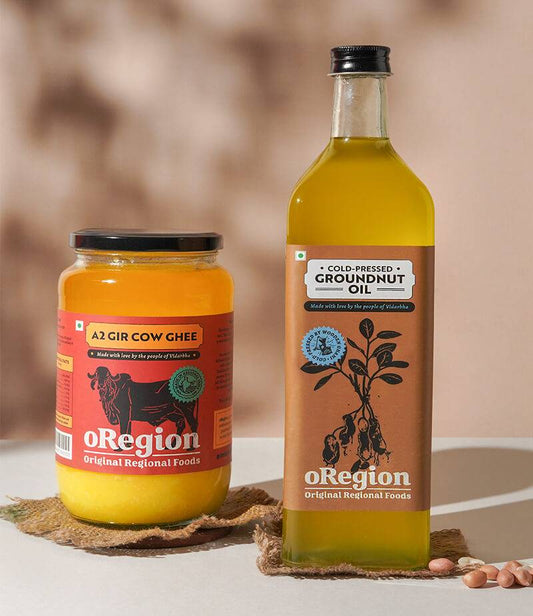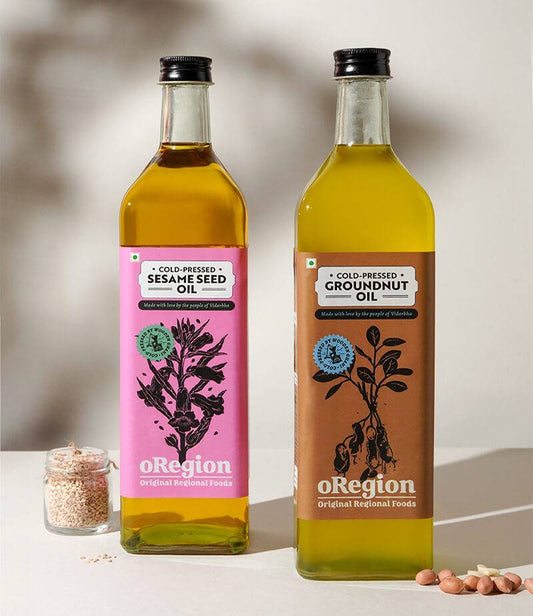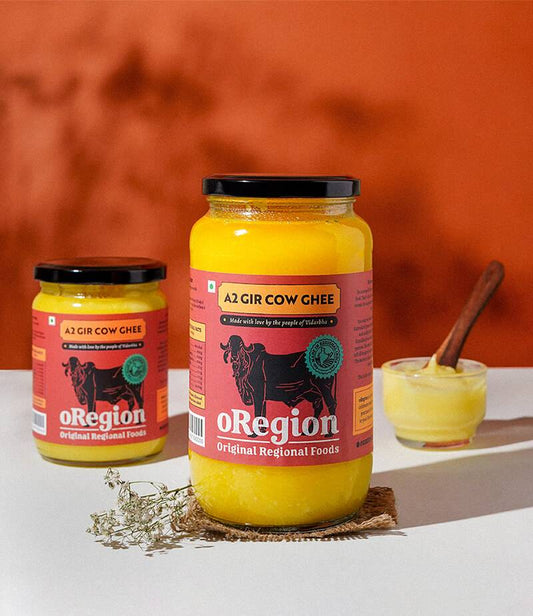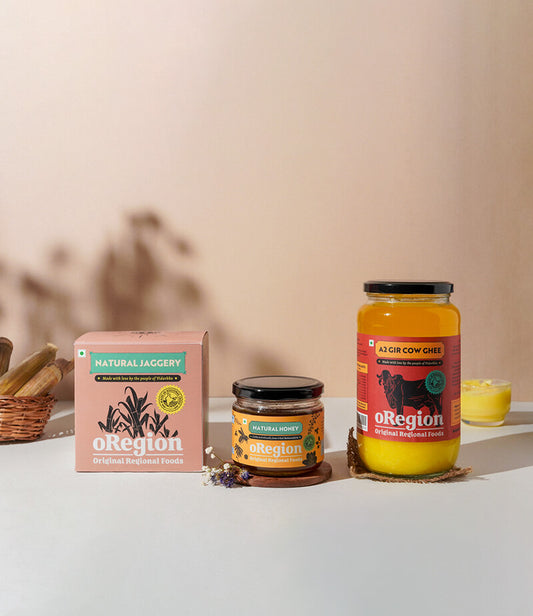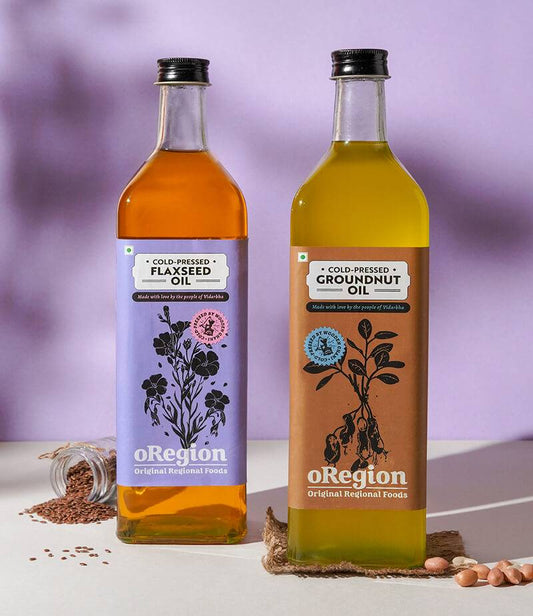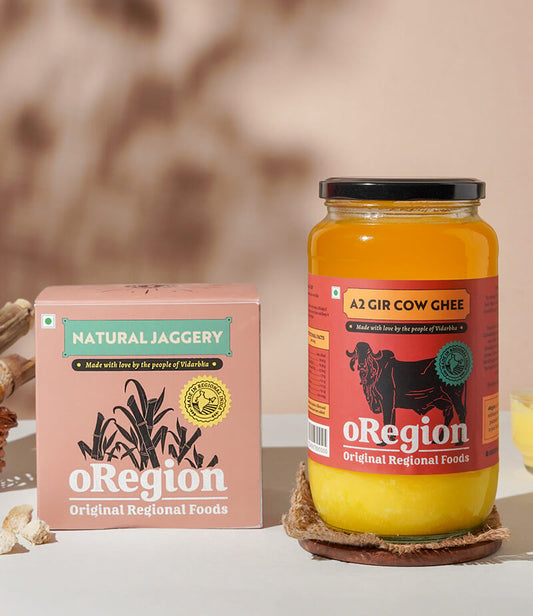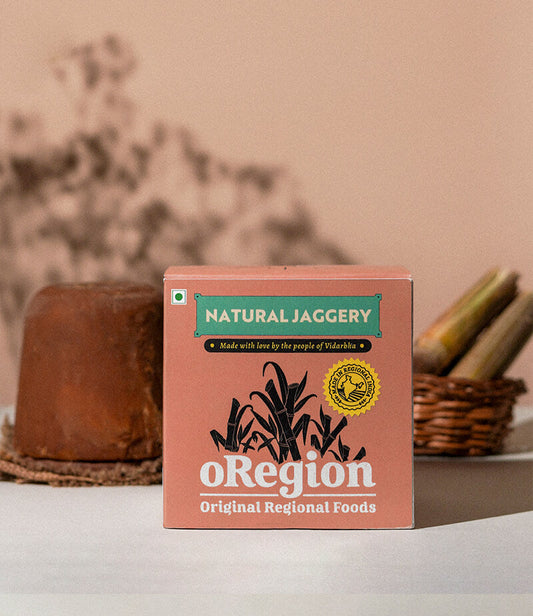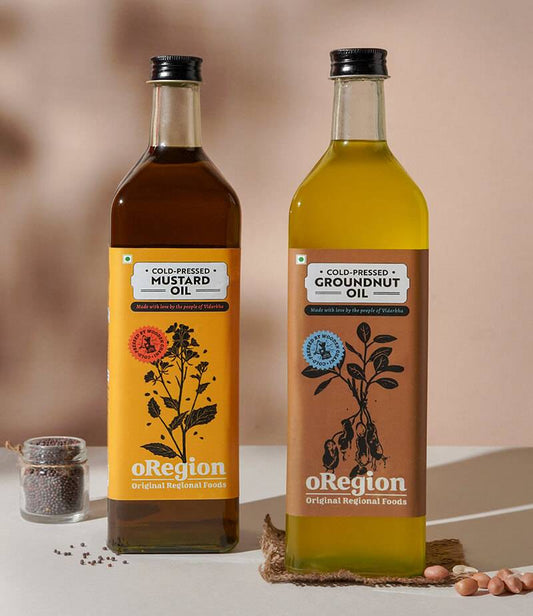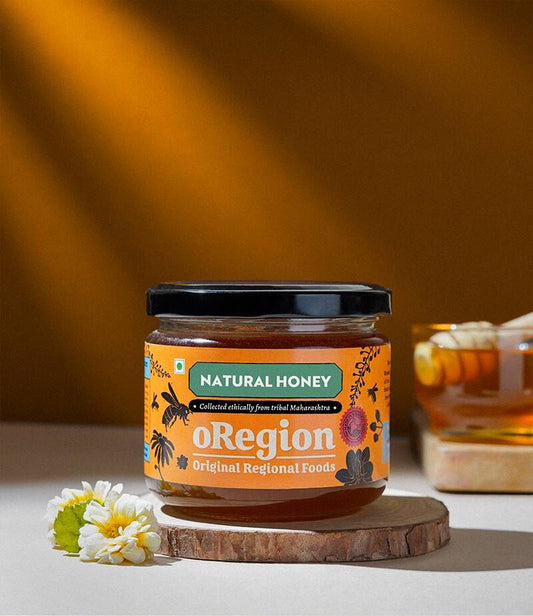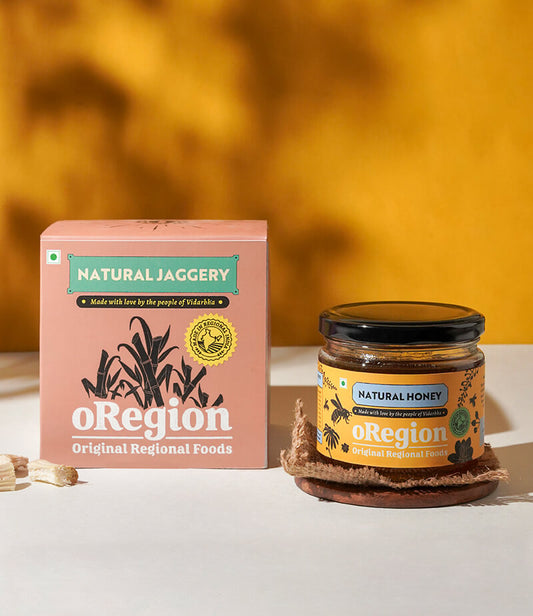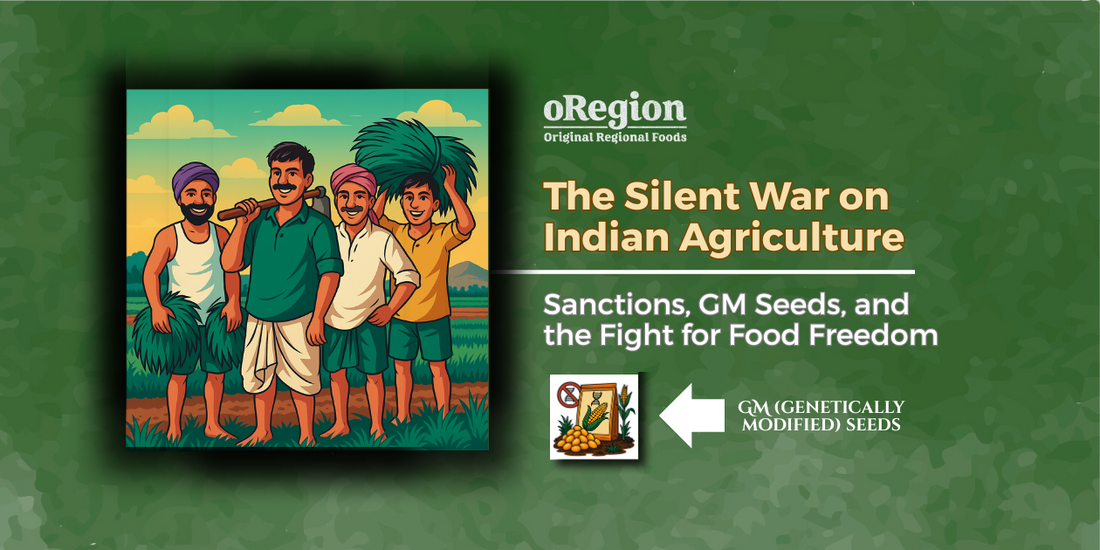
The Silent War on Indian Agriculture: Sanctions, GM Seeds, and the Fight for Food Freedom
By oregion foodsIntroduction to the Silent War on Indian Agriculture
India’s farming community is at the heart of the nation’s identity, culture, and economy. Yet today, farmers are caught in what many call a “silent war”—a battle not fought with weapons, but with global trade policies, genetically modified (GM) Seeds, corporate control over food systems, and environmental pressures. This conflict has far-reaching consequences for food security, food sovereignty, and the livelihoods of millions of smallholder farmers.
Defining the Concept of a “Silent War”
The term “silent war” refers to the unseen struggles farmers face due to international sanctions, unfair trade practices, and the imposition of GM seeds. These challenges slowly erode traditional farming practices, biodiversity, and rural independence, leaving farmers vulnerable to corporate dominance.
Read More : Beyond Business: oRegion’s Pure Food Vision
Why India’s Food System Faces Global Pressure
India’s vast agricultural output—from rice, wheat, and pulses to oils like mustard, groundnut, and flaxseed—makes it a critical player in global food markets. However, developed nations and multinational corporations exert pressure through tariffs, trade negotiations, and demands for market access.
The Crossroads of Food Security and Food Sovereignty
At the core of this debate is the difference between food security (ensuring enough food is available) and food sovereignty (ensuring people have control over how their food is produced). India’s farmers are fighting not just for survival, but for the right to produce food on their own terms, with their own seeds, and through traditional practices like cold pressing oils.
Sanctions and Trade Pressures on Indian Farming
The Role of International Sanctions and Tariffs
Trade sanctions and tariffs impact India’s agricultural exports significantly. Farmers who once thrived on global markets face declining profits as trade becomes increasingly politicized.
Trump-Era Tariffs and Their Impact on Indian Agriculture
During the U.S.-China trade war, tariffs on Indian exports—particularly shrimp, spices, and basmati rice—hurt rural producers. American protectionism meant Indian farmers lost market access, reducing income in agricultural states like Gujarat and Andhra Pradesh.
Shrimp, Spices, and the Global Trade Conflict
Indian shrimp and spice exports are among the largest globally, but tariff hikes and sanitary restrictions limited India’s competitiveness. This ripple effect directly affected smallholder farmers dependent on export markets.
WTO Rules, Subsidies, and the MSP Debate
Why Minimum Support Price Matters to Farmers
The Minimum Support Price (MSP) is not just an economic safety net—it’s a lifeline for millions of farmers. Without it, farmers are forced to sell crops at unviable rates, making them more dependent on global price fluctuations.
Read More : Flaxseed Oil & Omega-3: 2 Tbsp Enough?
Trade Negotiations and GM Crop Access Demands
The Push for GM Corn and Soy Imports
Global agribusinesses want access to India’s vast food market by pushing GM corn, soy, and canola. Their entry could undermine India’s traditional agriculture and push farmers into dependency on patented seeds.
The Resistance from Indian Farmer Lobbies
Farmer unions and civil society organizations argue that GM seeds threaten biodiversity, increase costs, and endanger health. Their strong opposition has delayed large-scale adoption of GM food crops.
Controversy Over Genetically Modified Seeds
Bt Cotton – Lessons from India’s First GM Crop
Initial Promises and Short-Term Yield Gains
Bt cotton was introduced as a miracle crop promising higher yields and pest resistance. Initially, farmers saw quick benefits.
Pest Resistance, Rising Costs, and Farmer Debt
Over time, secondary pests developed resistance, and farmers were forced to buy more expensive inputs, trapping them in debt cycles. Many farmer suicides in cotton-growing regions have been linked to Bt cotton’s failures.
The GM Mustard Battle in the Supreme Court
Concerns over Biodiversity and Human Health
GM mustard is being promoted as a high-yield crop. However, scientists warn it could contaminate indigenous mustard varieties and harm pollinators like bees.
The Debate on Herbicide-Tolerant Seeds
GM mustard is herbicide-tolerant, meaning it encourages the use of chemicals that harm soil fertility and human health—contradicting India’s push for sustainable farming.
Read More : Sesame Oil Reigns as the King of Oils
The Threat to Seed Sovereignty
Corporate Patents vs. Traditional Seed-Saving
Farmers have always saved seeds for the next planting season. GM crops, protected by corporate patents, strip farmers of this independence, forcing them to buy seeds annually.
How GM Crops Could Redefine Farmer Independence
If GM crops dominate, farmers lose control over their seeds, costs, and production methods. This would erode India’s cultural and agricultural heritage.
The Fight for Food Freedom in India
Food Sovereignty vs. Food Security – The Core Debate
Farmers’ Right to Choose How They Produce Food
True food freedom means farmers must decide whether to grow organic, natural, or traditional crops without being pressured by trade deals or corporate influence.
Local Food Systems vs. Global Agribusiness
Local systems prioritize indigenous crops, fair prices, and sustainable methods, whereas global agribusiness promotes monocultures, high inputs, and dependency.
Movements and Protests by Farmers
Satyagraha and Civil Disobedience in Agriculture
Just as Gandhi used satyagraha against colonial rule, farmers today resist policies and corporations that undermine food sovereignty.
Farmers’ Resistance to GM Seeds and Trade Pressures
Recent farmer protests show how strongly rural India values seed independence, fair trade, and sustainable practices.
Economic Independence for Smallholder Farmers
The Threat of Subsidized Foreign Imports
Cheap imports of oils like soy and palm oil threaten traditional Indian oils such as mustard, groundnut, and flaxseed oil.
Building Rural Resilience through Local Resources
Strengthening Cold Pressed Oil production, organic farming, and indigenous seeds creates a resilient rural economy.
Traditional Farming Practices as a Path to Food Sovereignty
Indigenous Seeds and Their Role in Sustainability
Preserving Biodiversity for Future Generations
Indigenous seeds adapt naturally to local climates, requiring fewer chemicals and protecting biodiversity.
Why Seed-Saving Is Key to Farmer Freedom
Seed-saving ensures independence from corporations, keeps costs low, and safeguards future generations’ food systems.
Organic and Natural Farming Movements in India
The Rise of Sustainable Agriculture Practices
From Sikkim’s 100% organic farming to growing demand for cold pressed oils, India is rediscovering its traditional strengths.
How Cold Pressed Oils Represent a Return to Traditional Wisdom
Cold pressed oils (also known as wood pressed or Chekku oils) are produced naturally, retaining nutrients and avoiding chemicals. They symbolize self-reliance, purity, and health-conscious living.
Cold Pressed Oils – A Symbol of Food Freedom and Farmer Independence
Why Cold Pressed Oils Are Different from Refined Oils
Retaining Nutrients Through Natural Extraction
Unlike refined oils, cold pressed oils preserve vitamins, antioxidants, and essential fatty acids, making them healthier for everyday use.
The Environmental Advantage of Cold Pressed Processing
The process consumes less energy and avoids harmful chemicals, making it an eco-friendly choice.
Connecting Cold Pressed Oils to the Fight for Food Sovereignty
Supporting Local Farmers Through Indigenous Crops
When consumers buy cold pressed groundnut oil, mustard oil, or flaxseed oil, they directly support local farmers and their traditional crops.
Cold Pressed Oils as Resistance to Corporate-Controlled Food Systems
Choosing cold pressed oils is a vote for sustainable agriculture, resisting the dominance of multinational corporations.
Our Products as an Expression of Agricultural Independence
Cold Pressed Flaxseed Oil – Rich in Omega-3, Rooted in Indian Soil
oRegion Cold Pressed Flaxseed Oil is a natural vegan Omega-3 alternative, supporting heart health, hormonal balance, and wellness for women.
Cold Pressed Mustard Oil – The Traditional Choice for Indian Kitchens
Rich in antimicrobial and anti-inflammatory benefits, oRegion Cold Pressed Mustard Oil is perfect for cooking and skincare.
Cold Pressed Groundnut Oil – A Farmer’s Legacy in Every Drop
oRegion Cold Pressed Groundnut Oil is pure, nutrient-dense, and deeply rooted in India’s culinary traditions.
Cold Pressed Sesame Oil – Ancient Wisdom for Modern Health
Known as Cold Pressed Sesame Oil, this is an age-old choice for Ayurveda, massage, and immunity-building.
Building a Future of Sustainable Agriculture in India
Policy Measures for Protecting Farmers
Strengthening MSP and Farmer Subsidy Programs
MSP programs must be expanded and safeguarded to ensure farmers receive fair compensation.
Safeguarding Traditional Farming Against Global Pressures
Policies should protect indigenous seeds, organic practices, and local markets.
The Role of Consumers in Supporting Food Sovereignty
Choosing Local, Ethical, and Farmer-Friendly Products
Every purchase is powerful. By choosing cold pressed oils and organic products, consumers support sustainable agriculture.
How Buying Cold Pressed Oils Supports Agricultural Independence
Each drop of oRegion cold pressed oil represents farmer resilience, tradition, and health-conscious living.
Conclusion – The Road Ahead for Indian Agriculture
Balancing Technology with Tradition
While innovation has its place, the future must honor traditional practices that prioritize health, sustainability, and farmer independence.
Farmers, Consumers, and Policymakers in the Food Freedom Movement
Farmers need policy support, consumers must choose consciously, and policymakers must protect India’s food sovereignty.
Why the Silent War on Agriculture Is Everyone’s Concern
The battle for India’s agriculture is not just about farmers—it’s about the future of food, health, and sustainability for all of us. Supporting cold pressed oils, indigenous crops, and farmer-friendly policies ensures India remains food sovereign, resilient, and independent.
Follow us for more wellness tips
📸 Instagram: @oRegion.in
📘 Facebook: facebook.com/oRegionfoods
▶ YouTube: https://www.youtube.com/@oRegion_foods
👉 Buy Now on oregion.in
